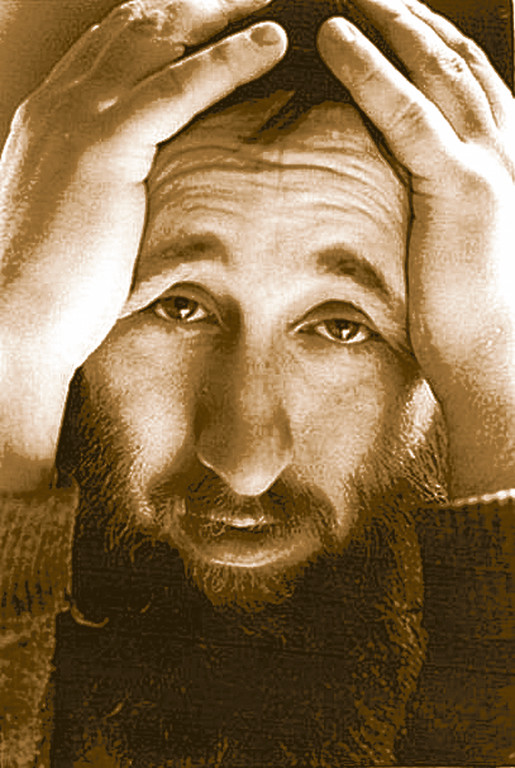J.K. Rowling’s message: Never judge a book by its ‘cover’
There’s a “new” star author on the scene named Robert Galbraith. The writer, who the publisher, Little Brown, described as “a former plainclothes Royal Military Police investigator who had left in 2003 to work in the civilian security industry,” debuted with a detective novel about the suicide of a supermodel called “The Cuckoo’s Calling.”
But alas, as with many first-timers, the novel’s initial run sold a pitiable 500 copies despite some heavy-duty kudos for this “amateur.” Publisher’s Weekly called the book a “stellar debut” while the Library Journal’s mystery section pronounced the novel “the debut of the month.” India Knight, a novelist and columnist for the Sunday Times, tweeted on July 9 that she thought Galbraith’s work was good for a debut novel.
Ah, but then Ms. Knight received a shocking tweet by one Jude Callegari, who informed the reviewer that the Robert Galbraith was a “she” and more … the “she” was the pre-eminent novelist of our times, J.K. Rowling!
Undaunted, Ms. Knight notified Richard Brooks, arts editor of the Sunday Times, who began his own investigation — which went nuclear. After discovering that Rowling and Galbraith had the same agent and editor, he sent the books for linguistic analysis which found similarities!
It was confirmed that “the former plainclothes Royal Military Police investigator, who had left in 2003 to work in the civilian security industry,” was in fact the titanic J.K. Rowling, the best-selling author of the 21st century, who turned Harry Potter into a global phenomenon.
Once “his” (or her) cover was blown, the book immediately shot from Amazon obscurity to number one.
As a struggling author myself, I was fascinated by Rowling’s decision and her motives. After all, her legendary rags to riches story rivals any magic trick Harry Potter could pull-off. More fascinating is the fact that this one-time welfare mom began writing Harry in her mid-30s, but as an “unknown,” the series was spurned by many high level editors before the first of her seven novels about the boy wizard was published in 1997.
We can all learn a beautiful message from Rowling’s secret. She could have sold millions by attaching her real name to her new book, but Rowling’s choice was defined by her success. The fake author was reviewed by non-judgmental eyes, and critics seemed to like it, some critics even noted how the male author partially understood the feminine mind!
The Jewish mystics note that in order to preserve our free will, the Almighty must hide within the world. Rowling said, “It has been wonderful to publish without hype or expectation and pure pleasure to get feedback under a different name.” She displayed the courage, chutzpah and determination to keep challenging herself — by staying in the shadows.
The Torah notes how much more accomplished one feels when one has worked for something as opposed to being given a free ride. Rowling chose not to ride her name but rather let her words do the talking.
Perhaps she also accomplished more for those of us who are struggling writers. By hiding, Rowling suggests the folly of following fashion or fads and inspires us to use our minds and hearts. This is altogether not a bad idea in a world where the object of the game has become fame and success without really trying.

 63.0°,
A Few Clouds
63.0°,
A Few Clouds 




